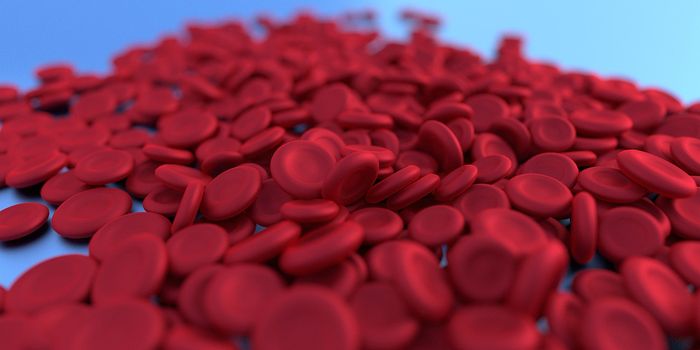"Guardian Angels" of the Immune System Hindered By Obesity
A specific type of immune cells take charge of defending fat tissue from microbes and maintaining homeostatic tissue remodeling, making sure there is just the right amount of pro-inflammatory macrophages, another type of immune cell. But for a person who is obese, these cells lose their ability to keep the immune system in check.
"All people have fat, even if they are not obese,” explained study leader Lydia Lynch, Professor at Trinity College London and Harvard Medical School. “Fat is found around almost all tissues in our body, and all fat has its own immune system, which we are only recently learning about.”
In addition to storing energy via adipocytes, adipose tissue also acts as an endocrine organ, regulating metabolic homeostasis. The so-called “guardian” immune cells that regulate inflammatory macrophages are called adipose type one innate lymphoid cells (ILCs), and they live in fat cells in adipose tissue. These ILCs regulate the balance of macrophages in adipose tissue, eliminating them at certain times according to certain physiological conditions.
“They essentially guard against inflammation when macrophages are too numerous in fat,” Lynch explained. “This function is unique as immune cells are not generally supposed to kill other healthy immune cells in non-pathological conditions."
Natural killer cells, a type of ILC, “know” when not to kill healthy immune cells thanks to protein sequences on their cell surfaces that indicate their healthy “status.” However, cancer cells typically do not have these protein sequences, so natural killer cells destroy them. When they are unable to function due to obesity, ILCs fail to recognize the “I’m healthy” protein sequences.
ILCs function properly at first, but as obesity progresses the ILC population fades away and they stop killing macrophages to keep them in check. Then, an accumulation of pro-inflammatory macrophages leads to obesity-related inflammation.
"We know that macrophages enter fat at the onset of obesity and that they likely do a protective job cleaning up as much excess fat as they can,” Lynch said. “However, as obesity progresses, these macrophages get overwhelmed by the workload and turn inflammatory, which leads to more severe obesity and further complications like diabetes."
Lynch’s new study, published in Immunity, demonstrates the implications of metabolic changes in adipose tissue in response to diet changes. As scientists begin to understand more about how what we eat impacts our immune systems, the opportunity for new prevention and treatment plans for metabolic diseases like obesity grows.
Sources: Trinity College Dublin, The Journal of Immunology, The American Journal of Clinical Nutrition









